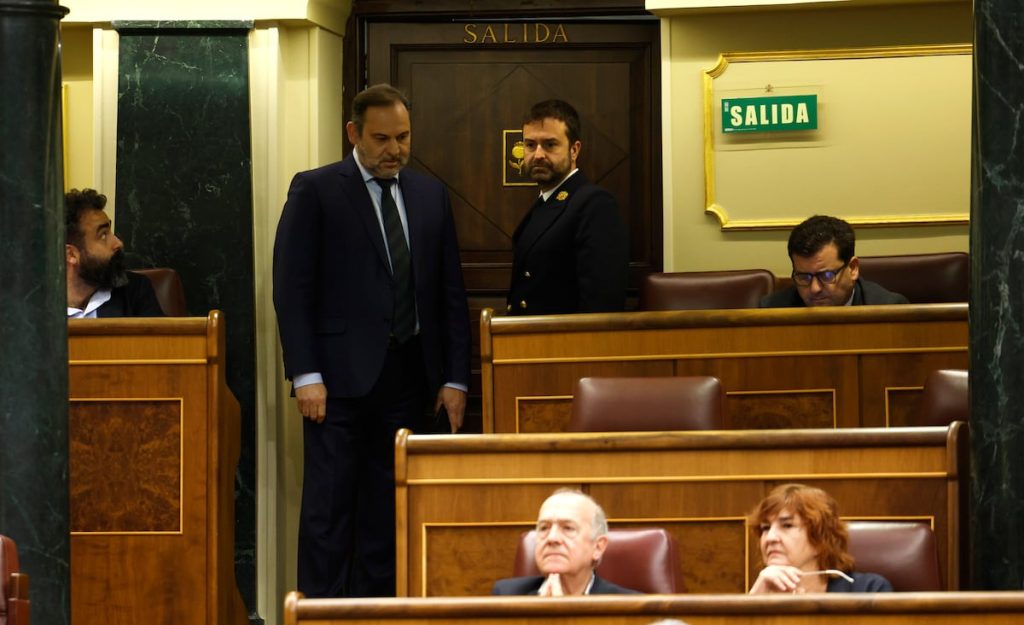Former Socialist minister José Luis Ábalos has abstained in a vote in Congress, breaking with the government of Pedro Sánchez for the first time. This decision comes as a response to an audit led by his successor in the Ministry of Transportation investigating his role in the Koldo case, where allegations of corruption have arisen regarding the purchase of masks during the pandemic. His abstention in a vote recognizing Edmundo González as the elected president of Venezuela has significant political symbolism, even though it lacks legal value. This move complicates the government’s already precarious position in parliament, as they struggle to secure votes for important legislation, including approving new budgets for 2025.
Ábalos had already challenged Sánchez back in February when he resisted pressure to resign after the scandal involving alleged illegal commissions for mask purchases during the pandemic. He has consistently maintained his innocence in the Koldo case, where his trusted advisor is under investigation for corruption. The audit commissioned by the Ministry of Transportation, under Óscar Puente’s mandate, revealed discrepancies in the purchase of masks, implicating Ábalos in changing an order to buy more masks at a higher cost. This has fueled his response, including his recent abstention in the controversial vote, signaling a rift within the Socialist party.
The decision to abstain has led to speculation within the Socialist bloc, with some former colleagues believing Ábalos will remain loyal in important votes, while others question his future allegiance. With the upcoming internal congresses of ERC and Junts, as well as the split of Podemos from the coalition government, the government’s minor majority in parliament is further threatened. This challenges their primary objective of passing new budgets for 2025, as the alternative of extending the current budget appears increasingly likely as the political landscape evolves.
Ábalos’s legal response to the audit and the allegations against him further intensifies the conflict with his former party. He has filed a judicial petition arguing that the audit has deficiencies and aims to unfairly target him. Despite not being formally charged in the case, Ábalos remains suspended from party membership and continues to assert his innocence. The audit highlights discrepancies in the procurement process, emphasizing the need for accountability and transparency in government actions, especially during a crisis like the pandemic where public trust is essential.
The refusal of the judge to refer Ábalos to the Supreme Court for investigation indicates a temporary reprieve for the former minister, as the case remains in the hands of the National Court. The ongoing legal battle underscores the complexity of the situation and the challenges facing both Ábalos and the government. As the political landscape evolves, the repercussions of this conflict are likely to reverberate within the Socialist party and the broader political arena, affecting future decisions and alliances. The audit and the subsequent fallout serve as a reminder of the importance of accountability and integrity in public office, highlighting the need for thorough investigations and due process to address allegations of corruption and malfeasance.















